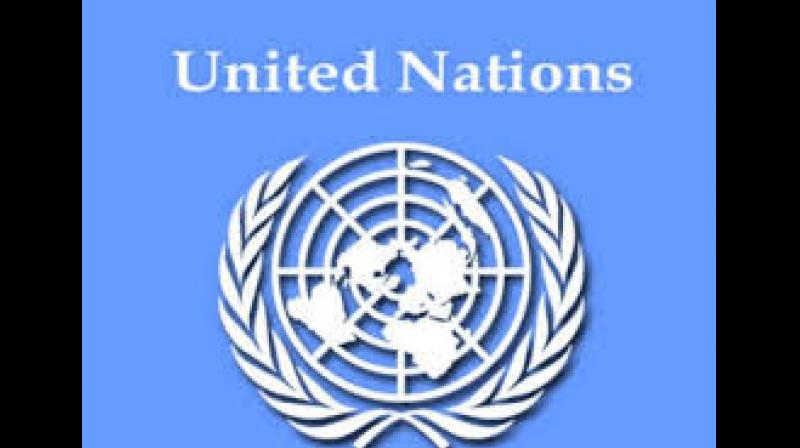UN set to outlaw nuke weapons

A global treaty banning nuclear weapons is set to be adopted at the United Nations despite opposition from the US, Britain, France and other nuclear powers that boycotted negotiations.
Supporters describe the treaty as a historic achievement but the nuclear-armed states have dismissed the ban as unrealistic, arguing it will have no impact on reducing the global stockpile of 15,000 nuclear weapons.
Led by Austria, Brazil, Mexico, South Africa and New Zealand, 141 countries have taken part in three weeks of negotiations on the treaty that provides for a total ban on developing, stockpiling or threatening to use nuclear weapons. Advocates hope it will increase pressure on nuclear states to take disarmament seriously.
“This will be a historic moment,” Costa Rica’s ambassador, Elayne Whyte Gomez, the president of the UN conference on the treaty, said on the eve of the adoption. “The world has been waiting for this legal norm for 70 years.”
None of the nine countries that possess nuclear weapons — the US, Russia, UK, China, France, India, Pakistan, North Korea and Israel — took part in the negotiations. Even Japan — the only country to have suffered atomic attacks, in 1945 — boycotted the talks as did most Nato countries.
Nuclear powers argue their arsenals serve as a deterrent against a nuclear attack and say they remain committed to the nuclear Non-Proliferation Treaty.

